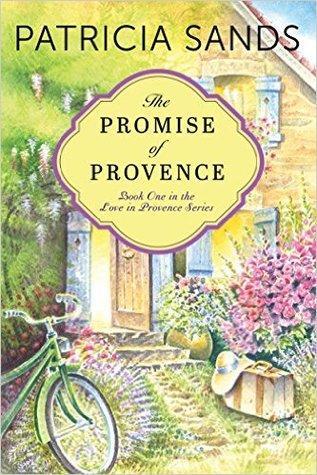
The Romantics of Pankaj Mishra is that rare Indian novel that, with its refreshing lyrical style, takes the reader on an emotional ride. Samar, an IAS aspirant, spends his time in the holy city of Benares reading books of literature and philosophy. Being an introvert and recluse, he is sensitive to the world around him and chooses to isolate in his room to revel in artistic and philosophical ideas. But this secluded life does not last long.
For in meeting Miss West, an Englishwoman, he is introduced to Catherine, a French woman who comes to India to escape a painful past. Catherine lives with Anand, a struggling Indian Classical musician. Though both are in love, yet they cannot speak one another’s language fluently.
Catherine invites Samar to go with her on a trip to Kalpi. It was Miss West’s plan for him to accompany Catherine. In Kalpi, Samar has to share a hotel room with Catherine which leads to a love affair. The young boy Samar comes out of his shell to express his love for her.
The trip lives most in the memory of Samar, who having lost his virginity, desires to be with Catherine. But Catherine reminds him that her heart belongs to Anand too, and that she cannot leave him. Thus starts the longing inside the heart of Samar. Samar finds the student agitations in the university meaningless and futile. He tries to go back to his old life, but feels no desire to do so.
Pankaj Mishra’s novel is about the clash of two cultures- East and West. It describes the innocent attraction that the “other” has for us.
Though a tad judgmental in his approach, I found Mishra to be voicing out the truth as Indians have always had a fascination for the West, and vice versa. The choice of language is reminiscent of Victorian novels, lyrical and suggestive. There is an aura of equanimity that breathes around the prose style.
Mishra’s well-thought out prose never misses out minute details in observation of life. It is replete with well-embellished imagery. His descriptions of people bathing in the rivers, the house of Panditji and his wife with its small dark rooms, and Kalpi’s roads and market are a feast to the senses. Mishra is a clever and intelligent minimalist for even though his sentences and paragraphs are terse, yet they bring forth music to the ears of the reader.
It is not easy to compose and write restrained prose. It requires the novelist to be as precise as possible to only come out with unique observations. Lyrical prose is tricky. But in the hand of a terrific writer like Mishra, it seems effortless. Mishra duly achieves his objective.
There is careful restraint in feelings expressed of each character like in the Victorian classics.
Mishra has felt Victorian fiction to the core, and is hence able to replicate the style. But he also at the same time manages to add a contemporary verve to it.
Samar, though innocent and innocuous, is an effeminate quiet listener trying to study the people he meets around him. He tries to make sense of the new life he encounters coming out of his inward self. His experiences are akin to a curious child who tries to find meaning and truth.
The novel is a coming-of-age story where Samar soul-searches . Mishra writes about his sensitiveness with compassion and warmth.
Most Indian fiction right from the time of Bharati Mukherjee has always put the Indian diaspora ‘s experiences as front and centre. They have narrated mostly the Indian immigrant’s views of living in the west. But Mishra’s novel succeeds differently as it tells of what the Indian comes to understand about Western immigrants in India.
Though just halfway, I found the novel to be brilliant. It offers a fresh perspective into looking at the world today. Samar learns of what the westerner feels about India and vice versa. India and the west is not romanticised but is rather being studied in its relationship with one another.





